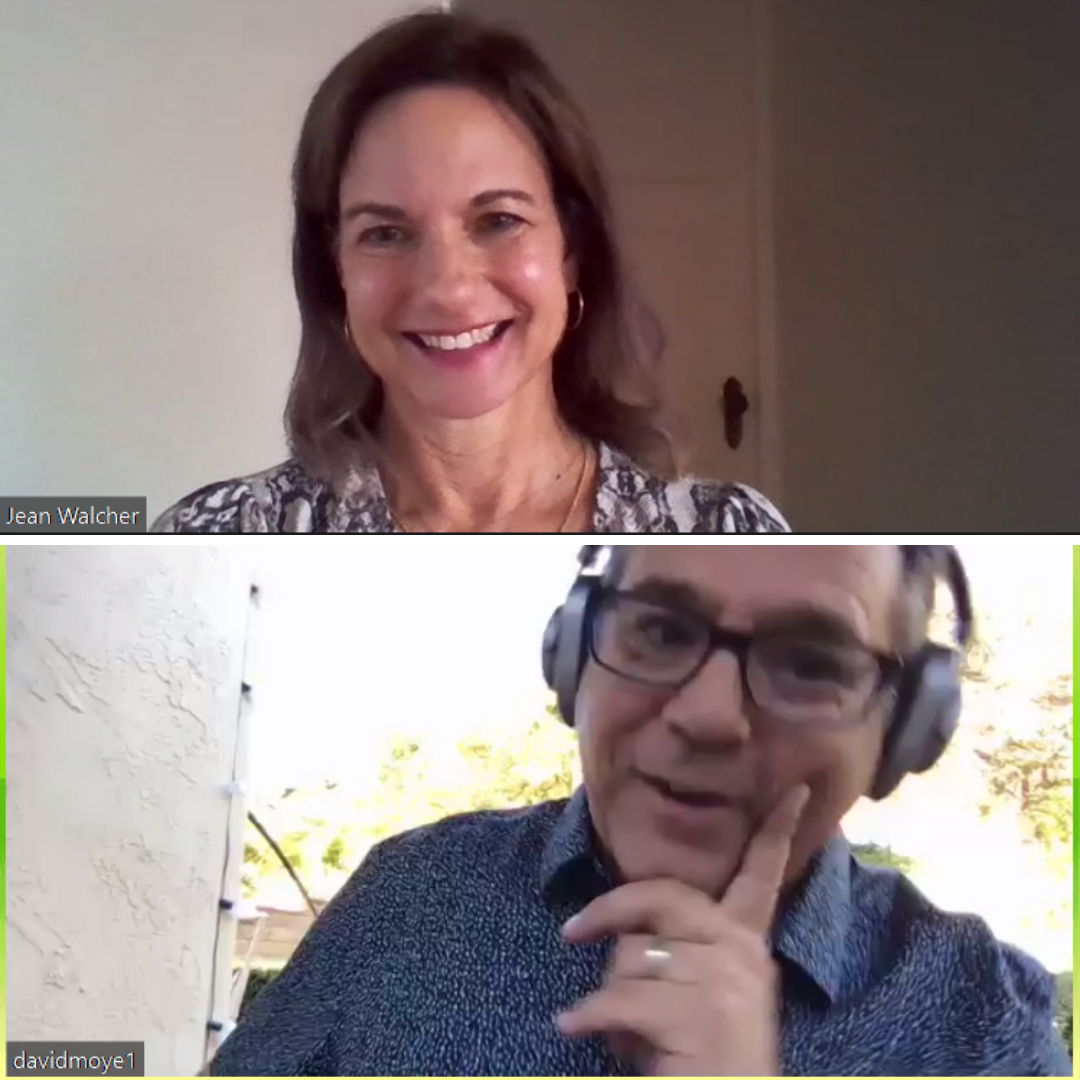“A Journalist and PR Person Walk into a (Virtual) Bar…”

And of course, the PR Person Pays…
JWC President Jean Walcher recently participated in a San Diego Press Club webinar with the same title above.
Weird journalist David Moye with HuffPost and less weird PR Person, Walcher, got together for a lighthearted discussion about (among other things) five things PR people don’t want to hear from journalists anymore.
Here, Jean’s regurgitation of her list:
Radio Silence
If we’ve done our homework, targeted our pitch, researched what you cover – at least the give us the courtesy of a reply – we’ll even take “not interested” for an answer. Better, let us know your thoughts so we understand what you might be looking for in the future, can move on to someone else or just stop following up with you!
Ridiculous Requests
We know we have a service to the media to help them get an interesting, informative, or even entertaining news story – and that is our goal. But some of the requests we’ve gotten are outrageous, or even downright dangerous, such as one local TV station once asking us to bring in an above the ground swimming pool (and provide models in bathing suits) to their back lot to showcase new snorkeling equipment, or requesting an on-camera interview (without their faces blurred or identity concealed) with an immigrant family while they’re fleeing drug lords, death threats and retaliation.
“NO PHONE CALLS please!”
Oh, yeah, journalists and producers are always saying “NO PHONE CALLS PLEASE.” But in my gazillion years of experience, a call leads to more success than no call. We’re not talking the “did you get my press release” call, but a well-thought-out, SHORT phone call that tells them the reason for the story, or a message that adds a new component that we didn’t include in the original pitch. Tip for journalists: the way to cut down on phone calls is to respond to emails.
Vague Responses
Journalists are communicators too, for God’s sake. We don’t know where to go next with some of the responses we get, and your ambiguity forces us to burden you with more questions.
Here are some examples:
- “OK.” “Thanks.” “That sounds really good.” “Cool!” Does that mean you want to do something, or…?
- “Yes, let’s set something up.” When?! What’s your deadline? I gave you a bunch of options; which do you prefer or is it my choice?
“Who Else Have You Pitched It To?”
We understand you don’t want to report on old news, but you do have your own audience that you are responsible for reporting to… no one reads everything or watches every single morning news show (except PR people, of course).
Instead of “who else have you pitched this to” – which is sometimes very awkward for us to answer, by the way – here are some better ways to ask the question:
- Has anyone else done the story?
- Is it possible to get this story exclusively?
- OR BEST: How can my story be different than others? We are happy to come up with different elements, a different spin to the story, different interviewees or assets for you. That’s our job!
And then, David, the journalist, piped in with some of his advice for PR people:
- A woman wanted me to do a story on a pawn shop she represents but didn’t explain why I would or should.
- If a journalist is rude or indignant to you, it may be because you are genuinely horrible at your job, but it’s also theoretically possible someone who looks like you turned them down for a date back in college.
- If you are pitching a story to a “weird news” journalist and he explains that your story isn’t that weird, don’t huffily retort that “weird” is a relative term and, therefore, he is wrong. Chances are, that snappy comeback won’t change his mind.
- When pitching a “weird news” journalist, don’t promise a “really weird” story idea in the first sentence and simply cut and paste the standard conventional – or boring — press release in the body of the copy. The “weird news” journalist will notice the bait-and-switch and make fun of you on Facebook.
- NO PHONE CALLS, PLEASE 😊 (see Jean’s third point)




